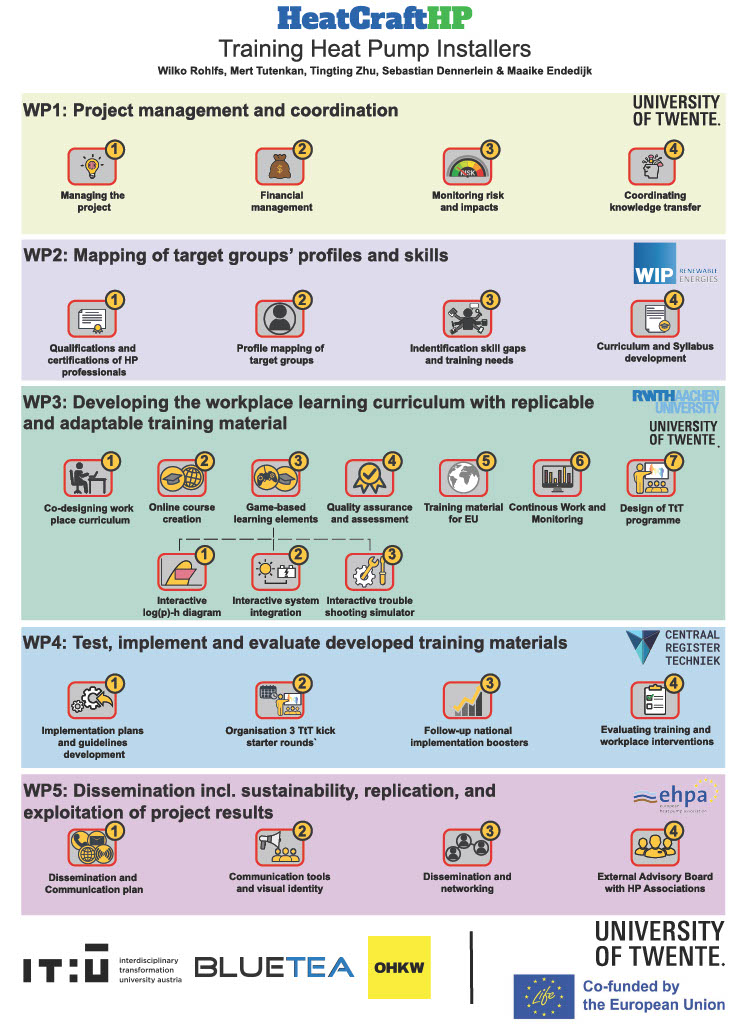Digital Transformation in Learning
In an increasingly data-driven world, artificial intelligence and other emerging technologies are changing when, what and how we learn in higher education and at the workplace. This development must not be one-sided, technology-driven, however. We aim to collaboratively shape intelligent learning technologies together with the affected students and professionals aiming to achieve long-lasting impact through active and project-based learning.
We aspire to empower learners to take responsibility for their own learning and to engage within inclusive, transparent, and fair technology-enhanced learning environments. Only this way, we can transform how we learn, work and teach to support us in addressing practical and scientific challenges and in promoting larger scale societal transformations.
In the research group, we aim to research technology enhanced-learning in terms of the individual and collaborative learning and their integration in challenge-driven projects, dynamics of learning and reflexivity in small groups and the role of well-being and regulation in interdisciplinary and – professional contexts, for example. Understanding these processes of active learning goes hand in hand with the co-evolution of intelligent learning technologies and practices.
The group’s ambition is to explore new ways of active learning with intelligent learning technology, to responsibly develop these technologies based on ethical considerations, and to understand their effects on learning processes as well as outcomes. This demands an interdisciplinary approach to research and innovation, and taking a longitudinal process-oriented perspective to analysing and promoting learning.
The combination of subject-specific knowledge, diversity in methodologies and interdisciplinary competencies is ensured by an local and international scientific ecosystem involving outstanding researchers from JKU, KFU, MedUni Graz, IT:U and beyond to think beyond usual research approaches and traditional educational innovations. This ecosystem is reflected in the PhD Program Committee of Digital Transformation in Learning.

 Sebastian Dennerlein
Sebastian Dennerlein








